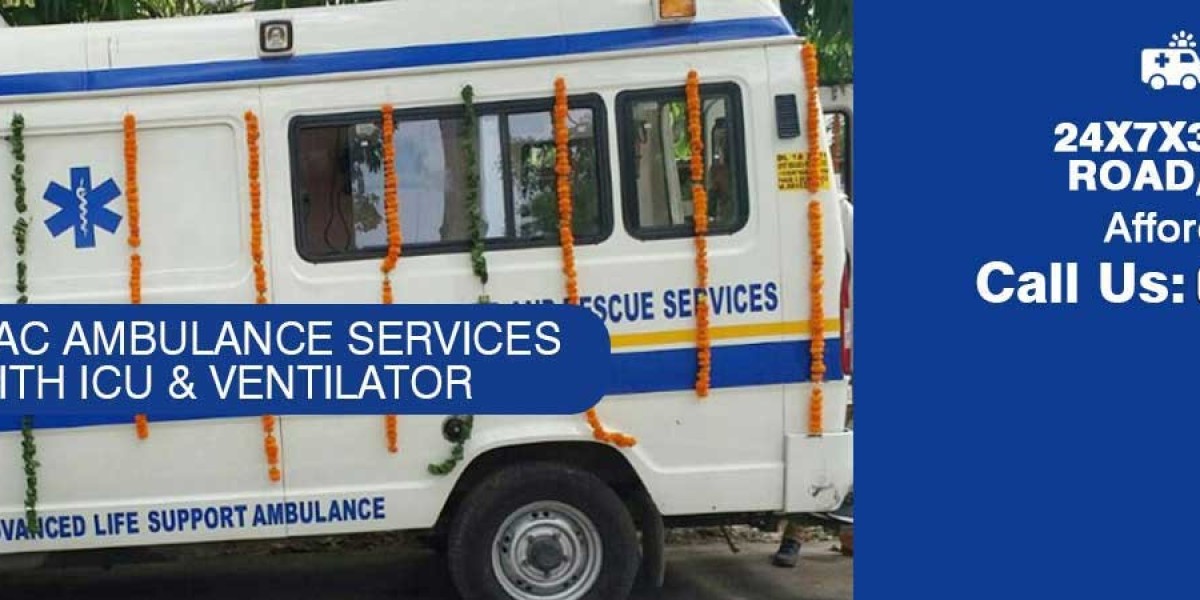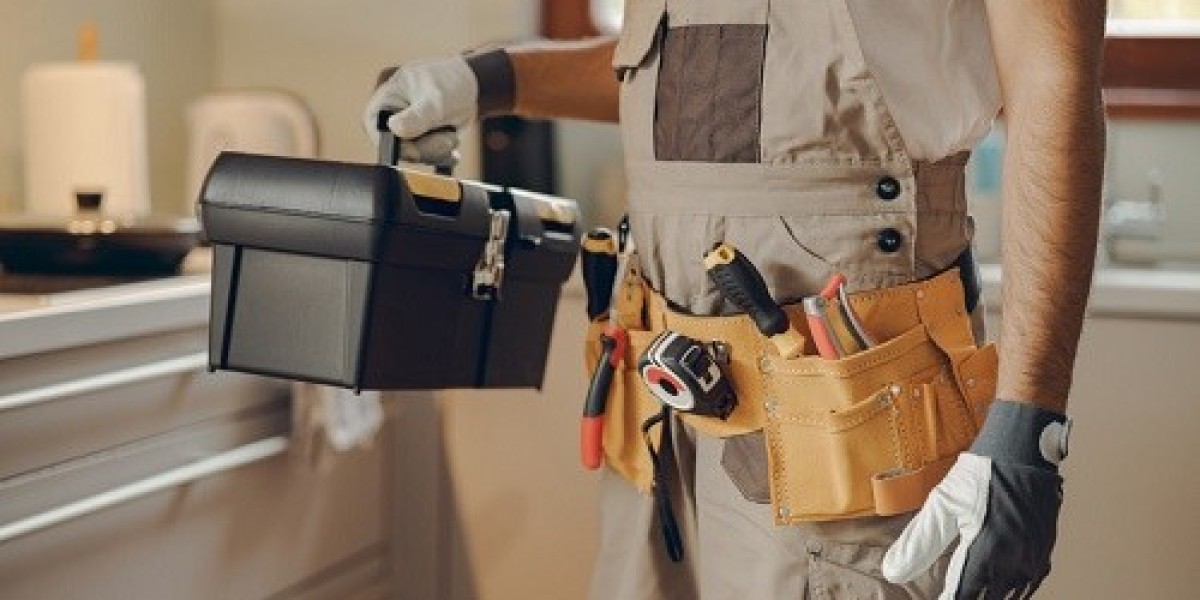How to Choose the Right Ambulance Service in Delhi
In an emergency, the last thing anyone wants is to feel lost or unsure about how to get medical help. Yet, many people aren’t sure what to look for when it comes to ambulance services — especially in a city as large and busy as Delhi. With so many providers offering different levels of service, it helps to know what really matters when you need help fast.
Not All Ambulances Are the Same
There’s a big difference between a basic transport van and an ambulance equipped to handle critical care. Some emergencies only require a basic life support (BLS) vehicle, while others may need advanced life support (ALS) or even ICU-on-wheels. The right ambulance services in Delhi will ask the right questions and send a vehicle that fits the situation — no more, no less. Choosing a provider that understands this distinction can make a crucial impact during urgent moments.
Experience and Training Matter
A fast response is important, but so is having experienced staff onboard. A good ambulance crew isn’t just there to drive you to the hospital — they’re trained to provide first aid, CPR, and other lifesaving measures if needed. Many trusted ambulance services in Delhi, like Yadav Ambulance, ensure their teams are medically trained and ready to act under pressure.
Check for Availability and Reach
Delhi is a city of constant movement, and emergencies don’t always happen near big hospitals. A reliable ambulance service should be able to cover different parts of the city, including residential areas, highways, and even the outskirts. Services with 24/7 availability, proper communication, and GPS-enabled vehicles can make a real difference in how quickly they reach you.
A Bit of Planning Goes a Long Way
While emergencies are unpredictable, it helps to know your options in advance. Save the contact number of a trusted ambulance provider in your phone and ask your family to do the same. Having this information ready — even if you never need it — can save precious time. In a city like Delhi, where traffic and hospital distances vary, every minute really does count.








